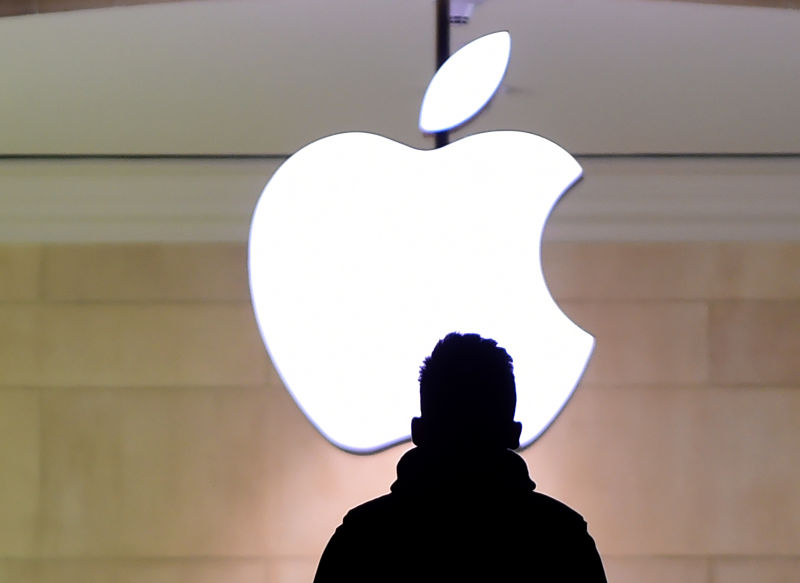Orenstein said he was offering no opinion on whether in the instance of this case or others, "the government's legitimate interest in ensuring that no door is too strong to resist lawful entry should prevail against the equally legitimate societal interests arrayed against it here."
He said the interests at stake go beyond expectations of privacy, and include the commercial interest in conducting business free of potentially harmful government intrusion and the "far more fundamental and universal interest ... in shielding sensitive electronically stored data from the myriad harms, great and small, that unauthorized access and misuse can cause."
"How best to balance those interests is a matter of critical importance to our society, and the need for an answer becomes more pressing daily, as the tide of technological advance flows ever farther past the boundaries of what seemed possible even a few decades ago," Orenstein wrote. "But that debate must happen today, and it must take place among legislators who are equipped to consider the technological and cultural realities of a world their predecessors could not begin to conceive."
The Justice Department said in a statement that it's disappointed in the ruling and plans to appeal in coming days. It said Apple had previously agreed many times prior to assist the government and "only changed course when the government's application for assistance was made public by the court."
Apple and their attorneys said they were reading the opinion and will comment later.
In October, Orenstein invited Apple to challenge the government's use of a 227-year-old law to compel the company to help it recover iPhone data in criminal cases, noting that another law on the books already covered the issue.
The Cupertino-based computer maker did, saying in court papers that extracting information from an iPhone "could threaten the trust between Apple and its customers and substantially tarnish the Apple brand."
It followed up by declining to cooperate in a dozen more instances in four states involving government requests to aid criminal probes by retrieving data from individual iPhones.
In ruling, Orenstein wrote: "I believe Apple has the better argument" because the other law covering wiretaps for telecom companies "explicitly absolves a company like Apple of any responsibility to provide the assistance the government seeks here."
Federal prosecutors say Apple has stopped short of challenging court orders judicially, except in the cases before Orenstein and the California jurist who ruled about the San Bernardino shooter's phone.
"Ultimately, the question to be answered in this matter, and in others like it across the country, is not whether the government should be able to force Apple to help it unlock a specific device; it is instead whether the All Writs Act resolves that issue and many others like it yet to come," Orenstein wrote. "For the reasons set forth above, I conclude that it does not."
